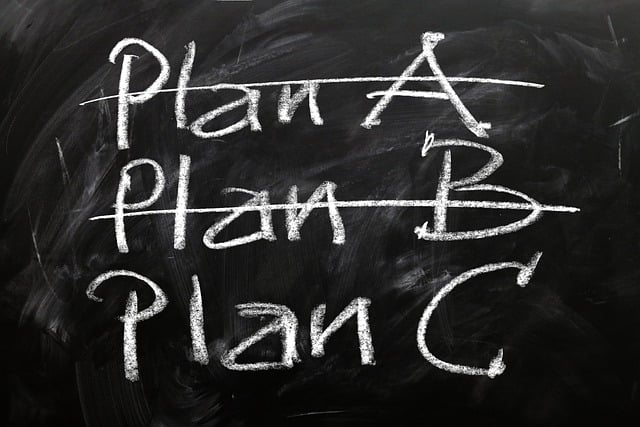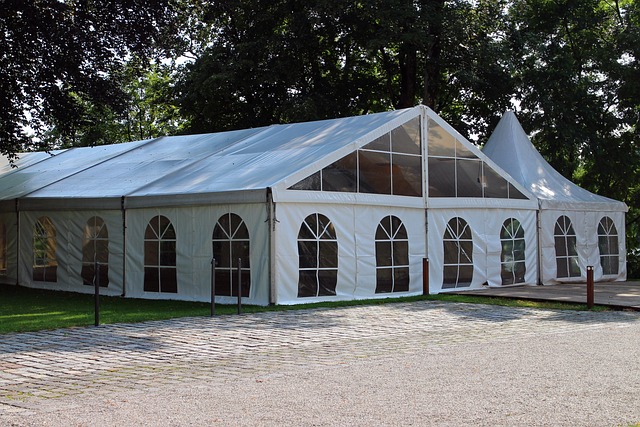Event Planning for Local Businesses thrives through identifying community needs, understanding demographics & cultural events, and leveraging partnerships with local leaders & organizations. By aligning event themes with community values, businesses foster inclusivity, strengthen neighborhood bonds, and promote collective well-being. This strategic approach ensures events are relevant, tailored, and memorable, benefiting both businesses and the community.
“Community outreach events are a powerful tool for local businesses to engage and connect with their target audience. This comprehensive guide delves into the art of planning impactful events that resonate with community needs and interests. From identifying demographic hotspots and collaborating with community leaders, to crafting an agenda that balances education, interaction, and entertainment, every detail matters.
We’ll explore effective promotion strategies, logistical must-haves, and post-event evaluation techniques, ensuring your business leaves a lasting impression through successful event planning.”
- Identifying Community Needs and Interests
- – Researching local demographics and cultural events
- – Engaging with community leaders and organizations
Identifying Community Needs and Interests

Identifying Community Needs and Interests is a crucial step in successful event planning for local businesses. By engaging with residents, business owners, and community leaders, organizers can gain insights into what matters most to the people they aim to serve. This process involves conducting surveys, hosting focus groups, and attending local meetings to understand the community’s unique challenges, aspirations, and cultural preferences. Such efforts ensure that events are relevant, inclusive, and tailored to meet specific needs.
For event planners, this means designing activities and attractions that resonate with the community’s interests. Whether it’s showcasing local talent, promoting sustainable practices, or celebrating cultural heritage, aligning event themes with community values fosters higher participation and engagement. This strategic approach not only strengthens community bonds but also positions local businesses as responsible contributors to their neighborhoods’ well-being.
– Researching local demographics and cultural events

When planning community outreach events, understanding your local demographics and cultural events is paramount. By researching these factors, event planners can tailor activities that resonate deeply with the community. This involves recognizing diverse populations, their unique needs, and interests. For instance, a vibrant cultural festival might engage a multicultural audience, while a skills workshop could cater to specific age groups or professionals in the area.
Event planners should also consider local traditions and holidays. Incorporating these into outreach activities shows respect for the community’s culture and can foster a more inclusive atmosphere. This strategic approach not only enhances event participation but also strengthens the bond between local businesses and their neighbors, fostering a thriving community through Event Planning for Local Businesses.
– Engaging with community leaders and organizations

Engaging with community leaders and organizations is a vital component of successful event planning for local businesses. By collaborating with key figures and established groups, event organizers can tap into a rich network of connections and resources. This strategic approach ensures that the events resonate with the target audience and align with the broader goals of the community. Community leaders often have deep insights into the needs and preferences of residents, allowing for more personalized and impactful experiences.
Through these partnerships, local businesses can leverage the reputation and reach of recognized community organizations. This joint effort fosters a sense of collective responsibility and strengthens the overall impact of the events. As event planning for local businesses continues to evolve, prioritizing engagement with community leaders remains essential for creating memorable experiences that benefit both the businesses and the broader community.
By understanding the unique needs and interests of their communities, local businesses can transform their event planning into meaningful experiences. Through thorough research involving demographics and cultural events, coupled with active engagement with community leaders and organizations, businesses can create initiatives that resonate deeply with residents. This approach not only fosters a stronger connection between businesses and the community but also contributes to the overall vibrant tapestry of local life, making event planning a powerful tool for positive social impact.
